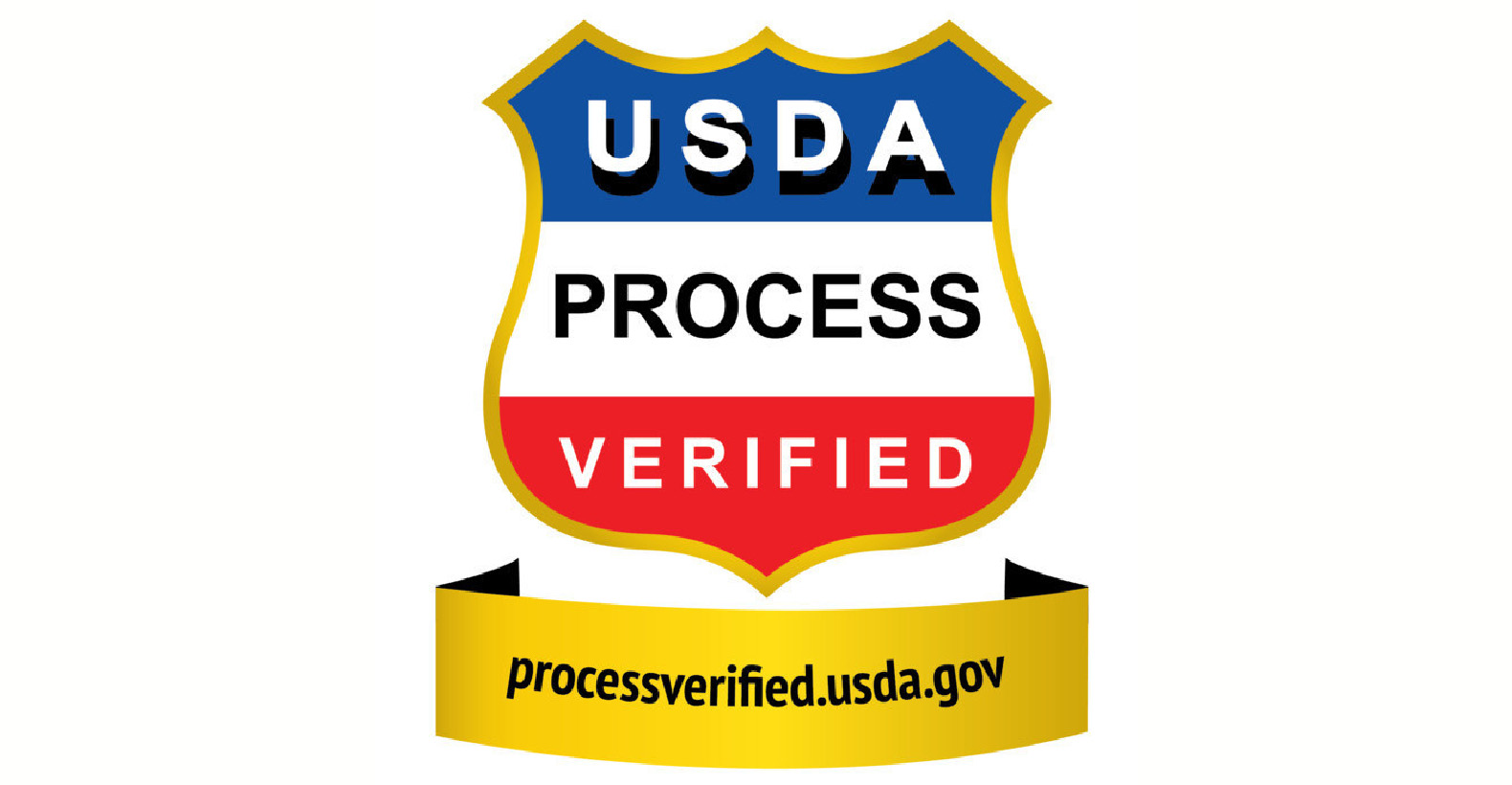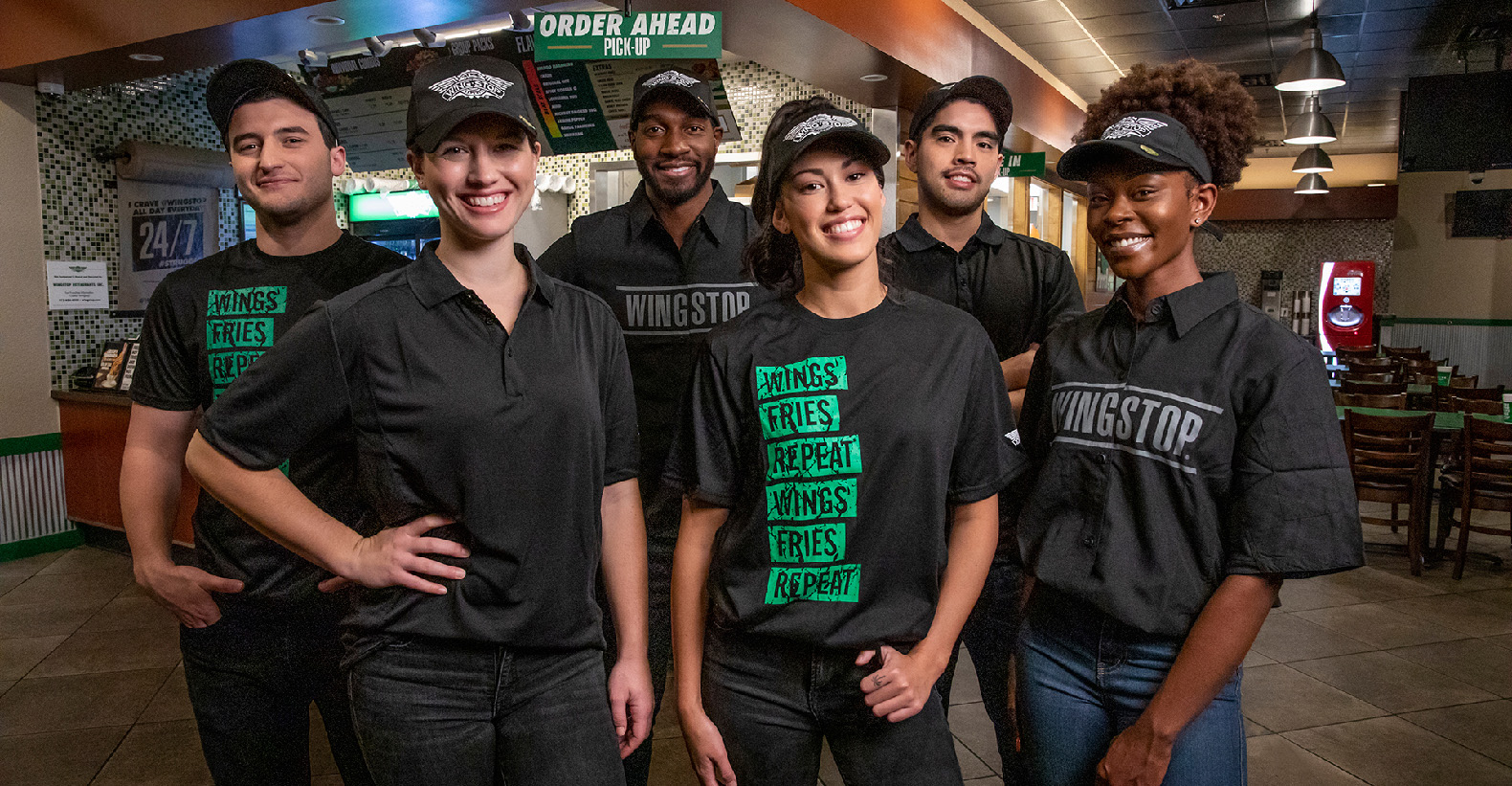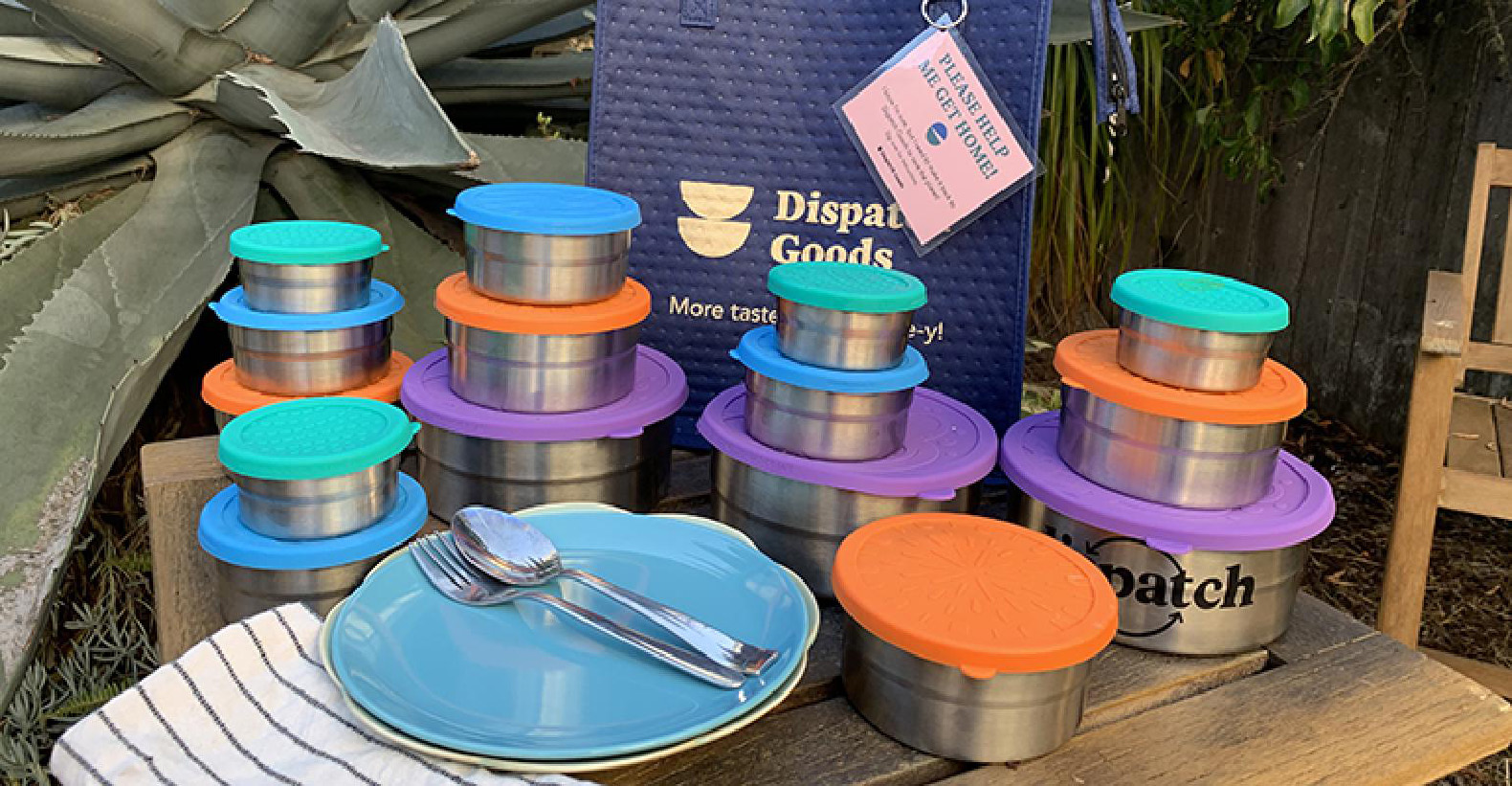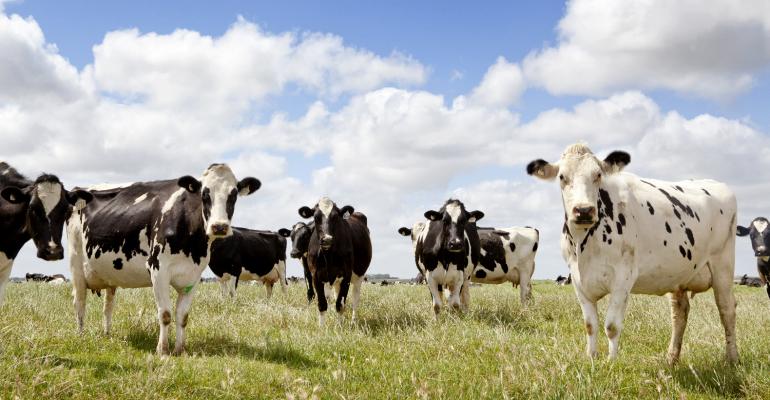As restaurant operators look for ways to lighten their load on the planet, here are three potential ideas: There’s a certified “low-carbon beef” coming to market. Wingstop is dressing team members in clothes made from repurposed water bottles. And the reusable-packaging movement chalks up a win with an investment for Dispatch Goods in San Francisco.
Meet ‘Low Carbon Beef’
A new certification program to label cattle raised with a reduced carbon footprint has won approval as a USDA Process Verified Program, or PVP, service provider from the federal agency’s Agricultural Marketing Service.
It is the first USDA PVP for calculating the greenhouse gas emissions for beef production, according to Low Carbon Beef LLC, which made the announcement this week. It’s also a product for which the company believes consumers are willing to pay a premium.
 The Low Carbon Beef, or LCB, certification is designed to provide a quantifiable measure for cattle raised in a more-sustainable way throughout the animal’s life, from herd management practices, feedyards and meat packers.
The Low Carbon Beef, or LCB, certification is designed to provide a quantifiable measure for cattle raised in a more-sustainable way throughout the animal’s life, from herd management practices, feedyards and meat packers.
“We need to do more than talk about change, we have to be able to measure it, verify it, and provide a better product for consumers,” said Colin Beal, founder of Low Carbon Beef LLC. “The Low Carbon Beef certification provides consumers the ability to purchase beef that is produced with efficient and sustainable methods, while also supporting market-based premiums for beef producers. Farmers and ranchers who put sustainable practices in place, and the packers who support reducing emissions, deserve a premium for the work they are doing to improve beef’s carbon footprint.”
To qualify, cattle must demonstrate at least 10% lower greenhouse gas emissions than the industry standard baselines, based on Low Carbon Beef Scoring Tables. The process considers 20 criteria associated with feeds, fuels, fertilizer and cattle function.
Through the program, Low Carbon Beef will give guidance for carbon reduction — a process that continues to evolve as more research demonstrates the effectiveness of practices like carbon sequestration, anti-methane and anti-ammonia feed additives, bioenergy production from manure and genetic influences on methane.
In future, the company hopes to provide tiered certification corresponding to larger emissions reductions, or even a carbon-negative beef certification.

A chic way to repurpose plastic water bottles
Addison, Texas-based Wingstop in November announced the launch of a new uniform program including clothing made from recycled plastic water bottles.
Based on the 1,600-unit chain’s anticipated order volume and usage, Wingstop estimates that more than 2 million (16.9 ounce) plastic water bottles will be upcycled to make the clothing, which includes polo, chef and tee shirts, outerwear and headgear.
The uniforms are made by The LogoLink Group, an affiliate partner of Boundless Network.
Other restaurant chains are piloting innovations to create a market for repurposed materials. Chipotle Mexican Grill has experimented with turning used foodsafety gloves into trash bags. McDonald’s has pledged to use more recycled materials in its packaging, and in the UK some paper cup fiber is being turned into park benches.
And Peaches Kitchen & Bar in Brooklyn has experimented with outdoor “Friendship Cabins.”
Earlier this year, Wingstop moved into a new global support center in Addison that is 100% powered by local wind from the Engie Live Oak Wind Farm in San Angelo, Texas.

Dispatch Goods to grow with $3.7 million in new seed funding
Restaurants across the country are struggling to get the to-go packaging they need. But one possible solution: Reusable containers.
Dispatch Goods, a reusable packaging logistics startup in San Francisco has completed a $3.7 million seed raise in a round led by Congruent Ventures, along with Bread and Butter Ventures, Precursor Ventures, Incite Ventures, MCJ and Berkeley SkyDeck. Previous investors include The Community Fund and First Course Capital.
Launched in 2019, Dispatch Goods offers restaurant partners reusable bags and containers for delivery and takeout orders. Once guests finish their meals, customers can scan a QR code on the containers to schedule at at-home collection or deposit at one of Dispatch Goods’ return bins at participating restaurants.
The containers are cleaned and sanitized and brought back to the restaurants for reuse, eliminating the packaging waste that often ends up in landfills — or worse, in the ocean.
Dispatch Goods is partnered with DoorDash, Imperfect Foods and 50 restaurants throughout the Bay Area, including Zuni Café, Bombera and Mixt Salads.
“The zero-waste movement is rapidly growing and we see circular packaging as an inevitable part of a sustainable future,” said Christina O’Connor, vice president at Congruent Ventures, in a statement.
Contact Lisa Jennings at [email protected]
Follow her on Twitter: @livetodineout





